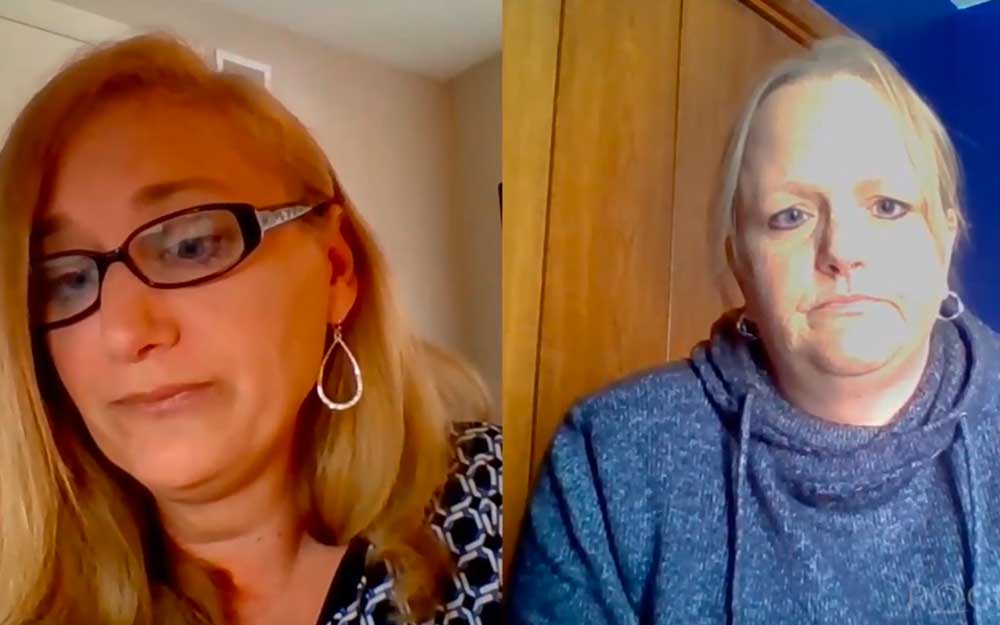
How to get help for addiction during COVID-19
COVID-19 is creating untold challenges for everyone, but for the 21 million Americans dealing with addiction, it’s especially tough.
Contact Us • Careers • Refer a Patient • Donate • Blog

COVID-19 is creating untold challenges for everyone, but for the 21 million Americans dealing with addiction, it’s especially tough.
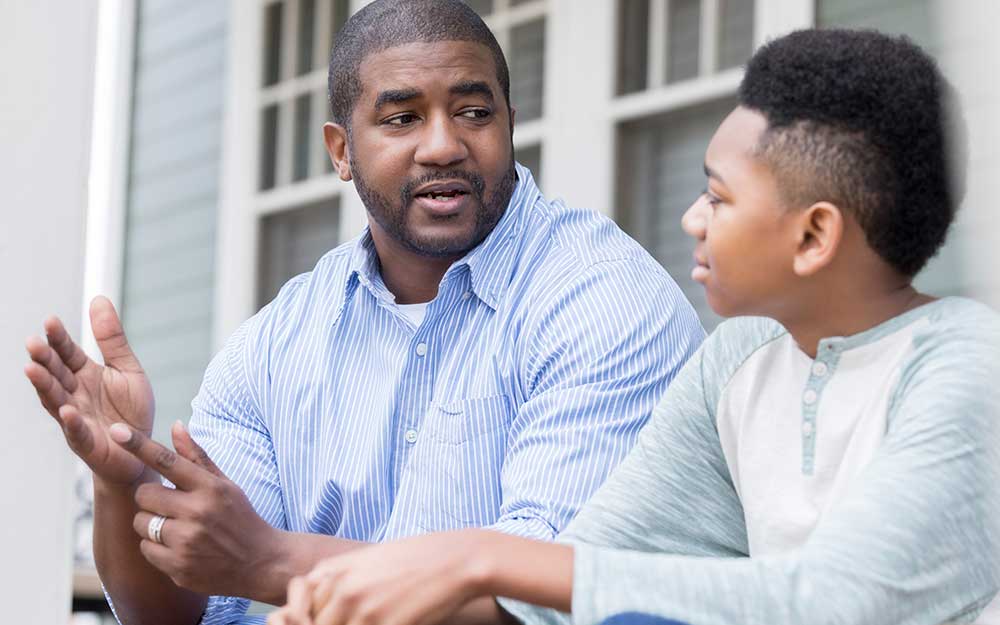
Talking about the uncertainties of COVID-19 and adapting to a new schedule can be hard for any child, but when you have a child struggling with a mental health disorder like OCD, anxiety, or depression, and the child is on the autism spectrum, it’s even harder.
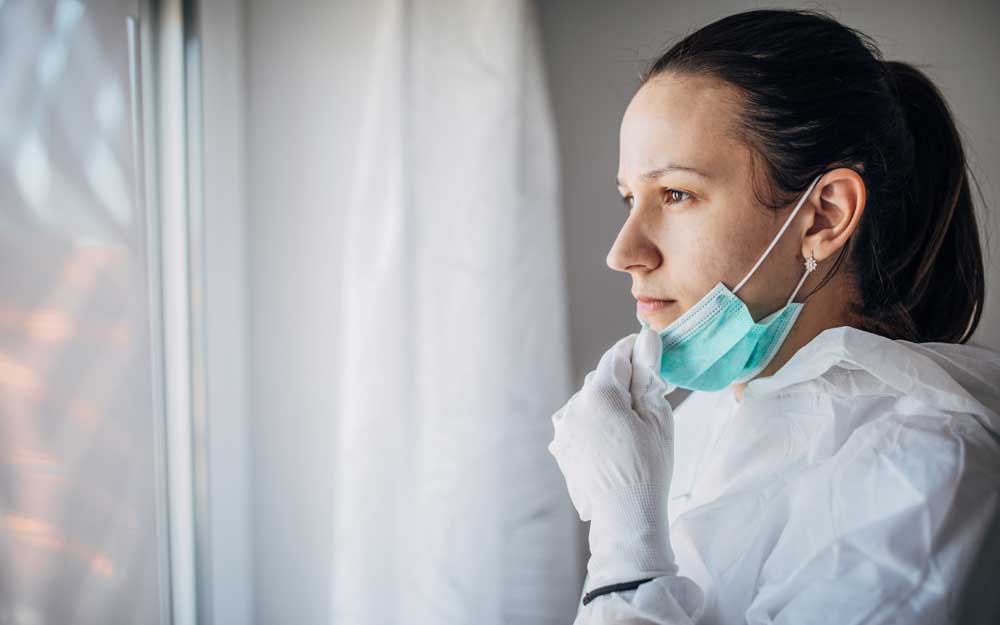
When the COVID-19 pandemic is behind us, healthcare workers who have been on the frontlines could still be dealing with the impact.
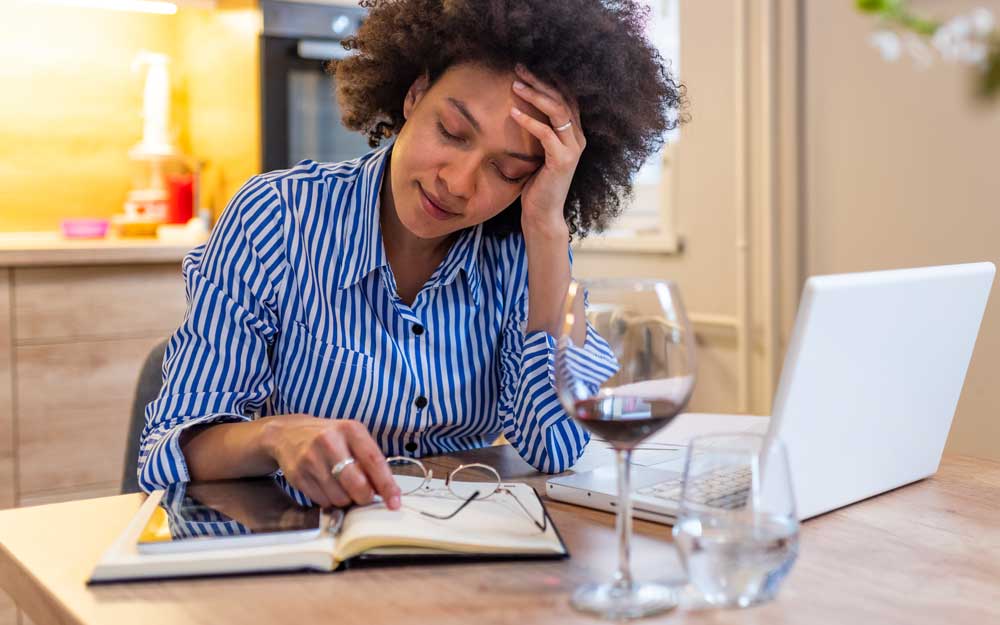
As much of the nation is under stay-at-home orders to keep communities safe from COVID-19, Rogers’ Dr. Michelle Maloney, executive director of addiction services, shares that some are also finding the need to keep themselves safe from another health risk, addiction.
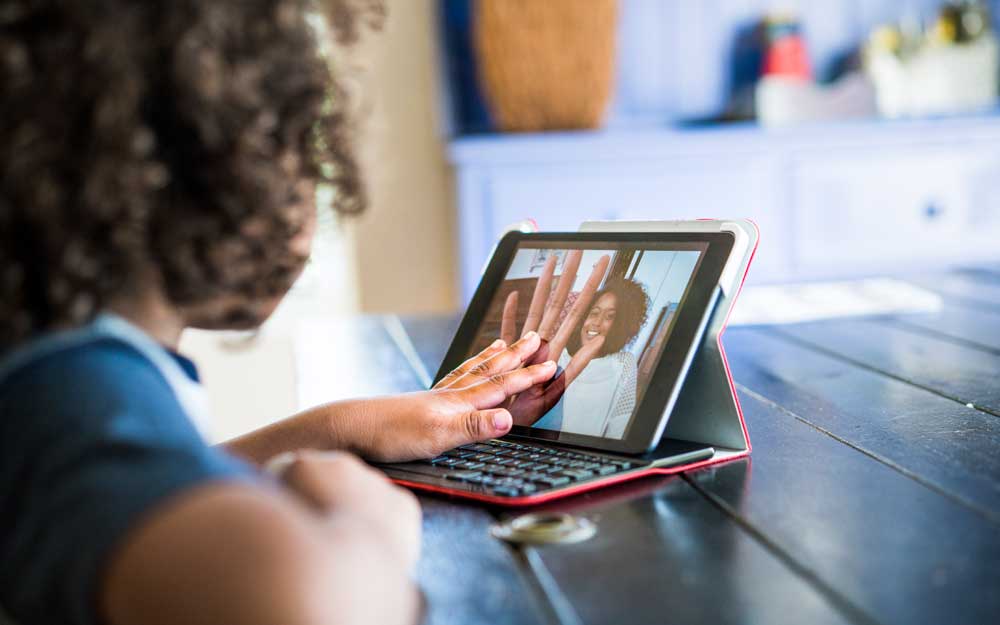
Too much screen time can have a negative effect on mental health. However, during the COVID-19 crisis when social distancing and isolation are necessary, we are being asked to intentionally avoid having the same level of in-person interaction that is normally considered positive.
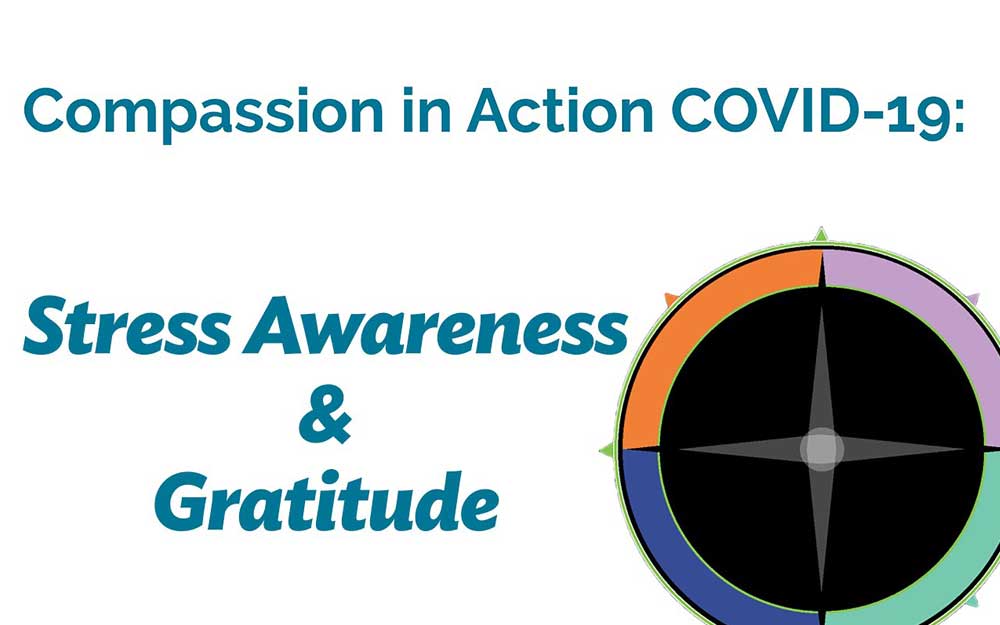
Kids are doing school at home. Parents are working from home. People can’t visit their loved ones in the hospital or nursing home. COVID-19 has brought significant change to our daily lives, but we can find reasons to be thankful.
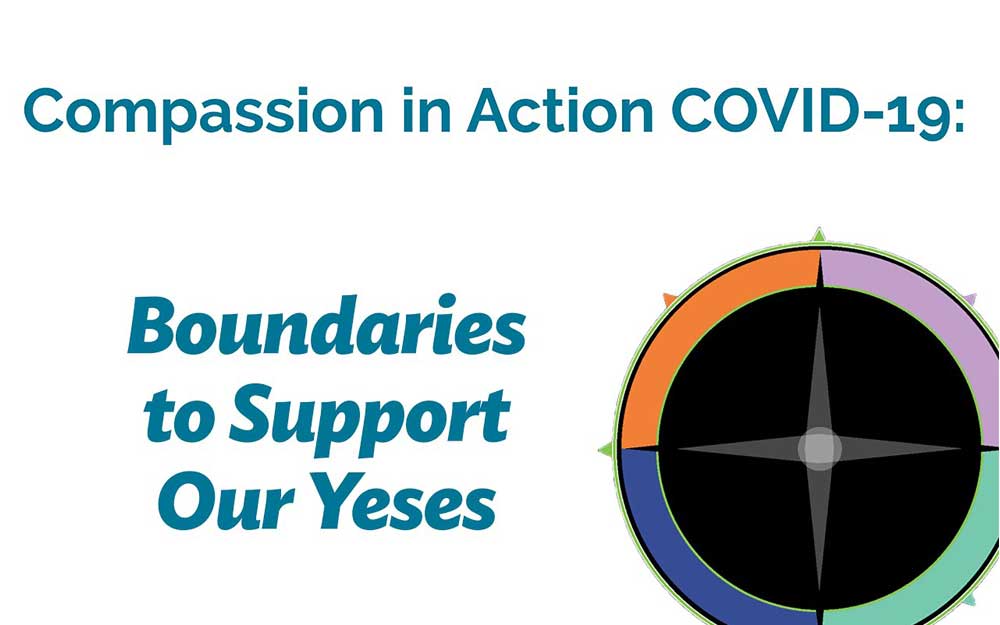
Everyone is feeling the stress of dealing with all the changes that are happening during the pandemic. Now more than ever it’s important to set healthy and appropriate boundaries.
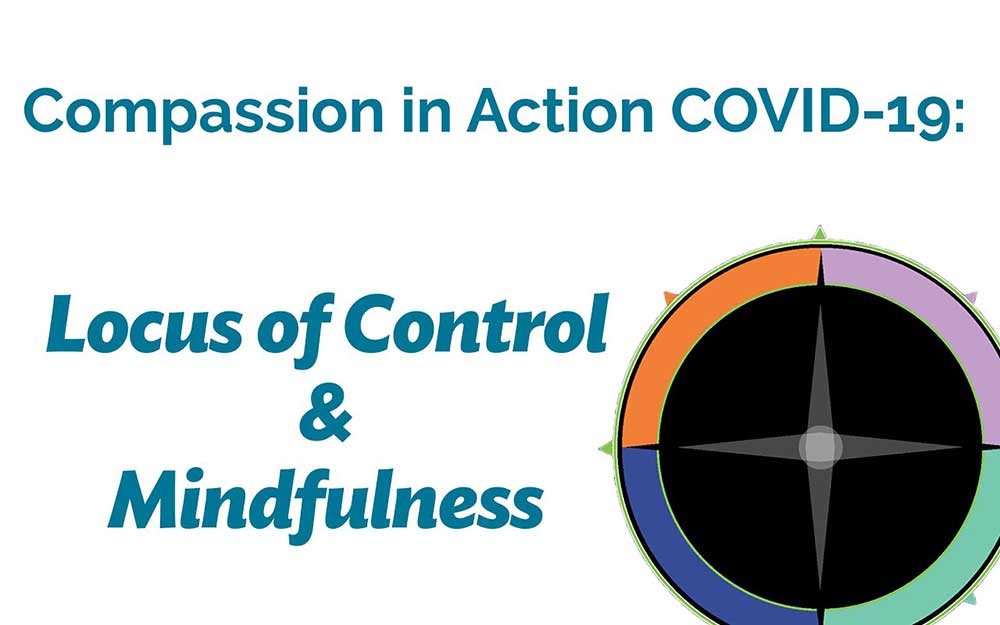
School is cancelled. Businesses are closed. And no one can say with certainty when life will get back to normal. Much of what we took for granted is not part of our daily routines, and that can cause a lot of stress and anxiety.
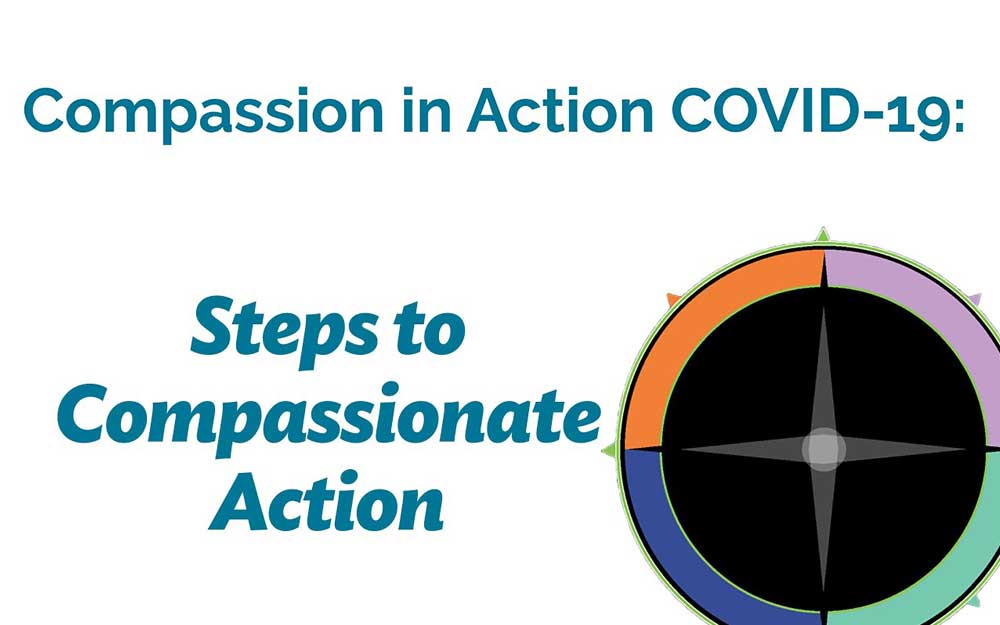
Everyone deals with a crisis in their own way. People are experiencing different emotions during COVID-19 as they process what’s going on around them, and that can lead to conflict.
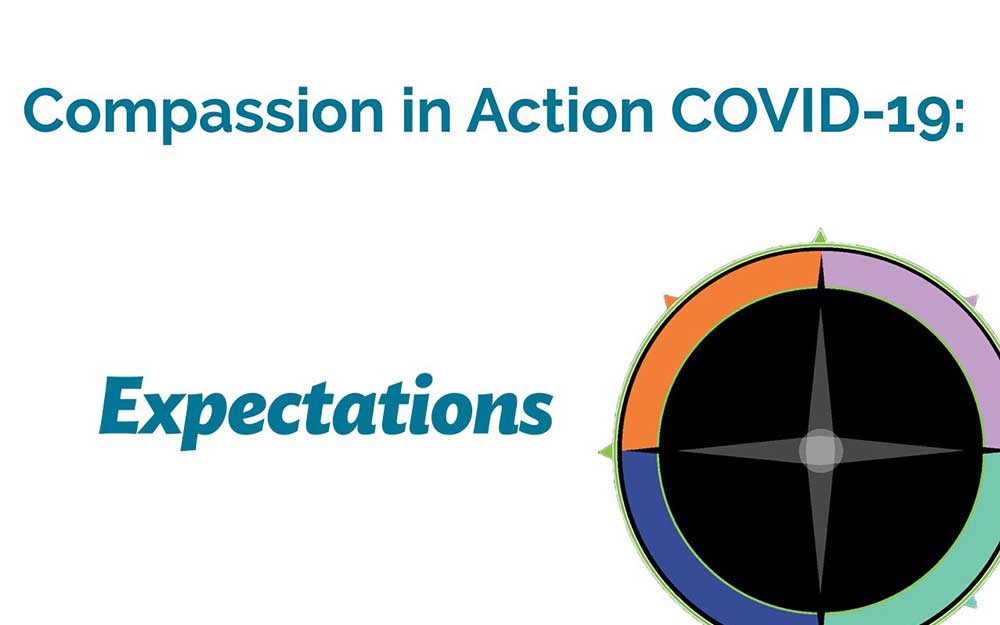
We are living in unprecedented times. COVID-19 has changed everything that was routine and familiar, yet we can be tempted to think we should behave as though it hasn’t. We need to adjust our expectations of ourselves and everyone else.